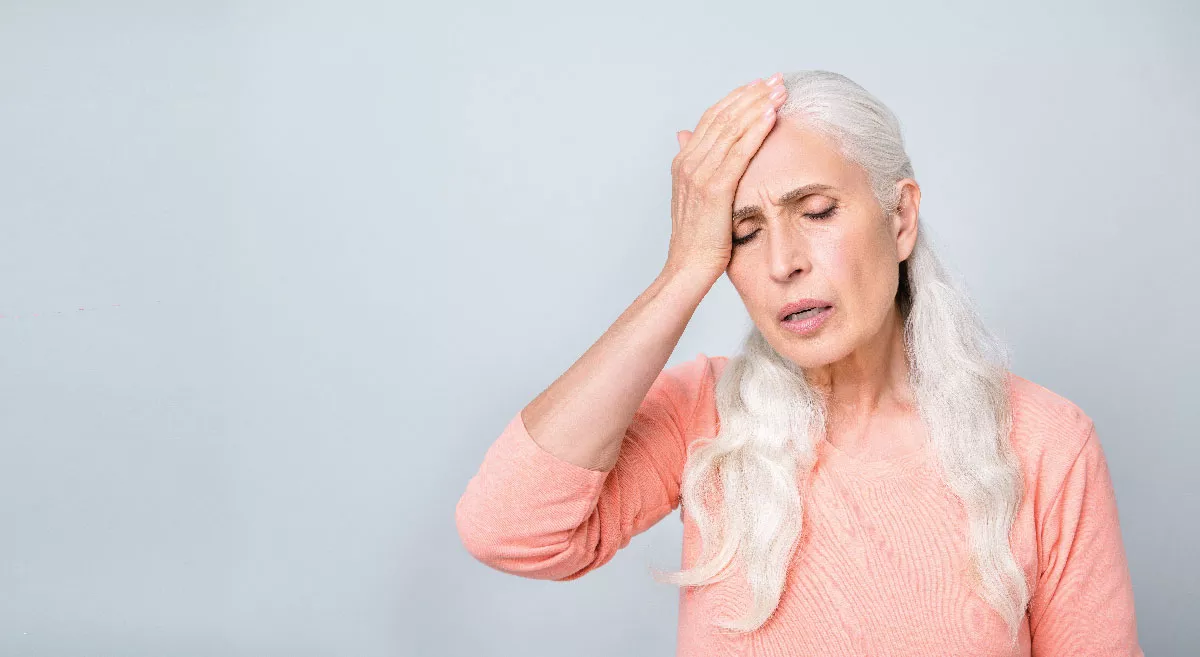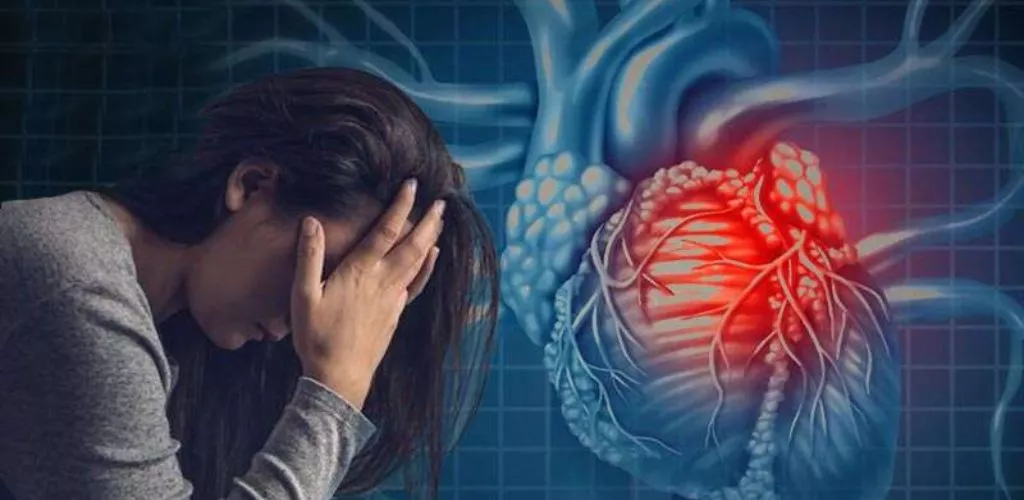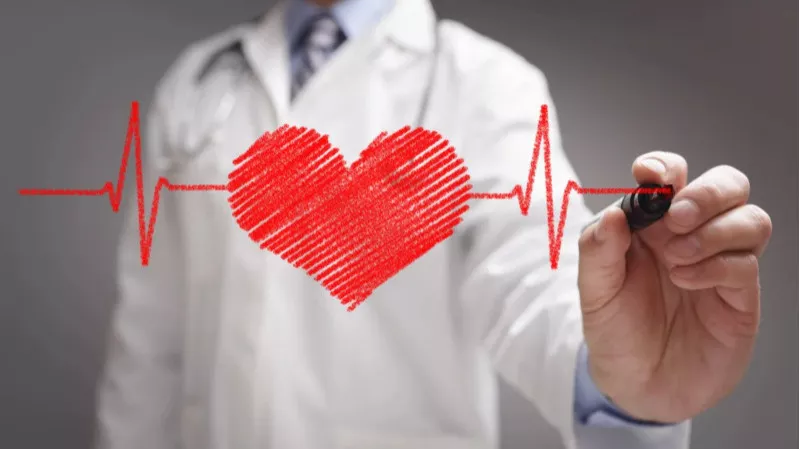Every year, the 29th of October, is observed as World Stroke Day to raise awareness about its warning signs and the importance of seeking timely medical help to prevent related death, paralysis and other disabilities.Nearly 20 million people are affected by stroke globally, out of which 5 million die and the remaining live with various disabilities. 1 in 4 people above the age of 25 develop stroke in their lifetime. In India, nearly 1,85,000 strokes are reported every year. Many people in urban areas rely on Neurologists in JP Nagar Bangalore for timely evaluation when symptoms arise.
What causes Brain stroke?
Brain stroke occurs when the blood flow to a particular part of the brain is decreased or stopped due to blockage of the blood tubes (called ischemic stroke- amounting to 80-85% of all brain strokes) or due to rupture of blood tubes (called hemorrhagic strokes). Stroke can permanently damage brain cells, leading to permanent loss of functions in various parts of the body controlled by that affected area of the brain.
Many people are not aware of how to recognize the signs of a stroke, and sometimes, stroke patients don't seek medical help quickly enough. This delay can make it harder for them to get the best treatment available. The symptom of stroke depends on the part of the brain that is involved, the most common being the weakness of one part of the body, face drooping to one side, altered sensation, difficulty speaking, vision problem and altered consciousness. Other symptoms may include altered behaviour, acute headache, seizures, etc
Nearly 80% of strokes are preventable by proper control of risk factors. The most common risk factors are age above 60 years, uncontrolled high blood pressure, diabetes, high cholesterol, frequent alcohol consumption, smoking, obesity and different types of heart diseases. Among these, high blood pressure is the most important risk factor. Even a reduction of 2-5 mm of blood pressure can significantly reduce the incidence of stroke.
Act FAST
The most important part of treatment is seeking medical help as soon as possible because the clot-dissolving medication works most effectively when given within 4.5 hours of the first stroke symptom. This time is called the "Golden Hour of Stroke." However, there is still a chance for preventing permanent brain damage with another procedure called mechanical thrombectomy when done within 24 hours of the symptom onset. Unfortunately, very few stroke-affected patients in India get these treatments due to reasons like not knowing the stroke symptoms, not having the right hospitals nearby, and not having enough trained medical staff to recognize and treat strokes. Most major cities in India now have facilities to manage stroke efficiently, but the need of the hour is to create proper awareness in the public and manage the other logistics. Access to a well-equipped Neurology Hospital in JP Nagar Bangalore can make a significant difference in receiving timely and advanced stroke care.
The setting up of stroke units in hospitals and stroke-ready hospitals has improved how strokes are treated. At present, there is also poor patient awareness of stroke rehabilitation right after the first treatment. Stroke rehabilitation is vital for helping patients relearn skills they lost due to the stroke, regain independence, and improve their quality of life. It aids in restoring movement, speech, and cognitive abilities, promoting a faster and more effective recovery.





